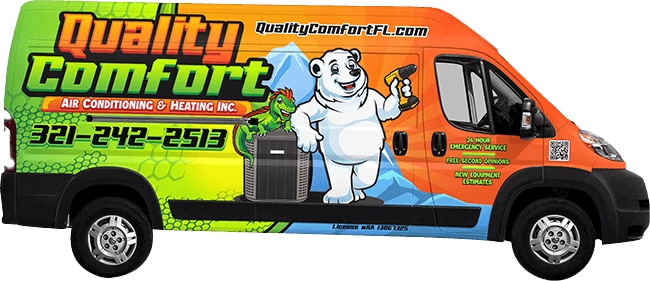

The Ultimate Guide to Common AC Repair Parts
When the heat waves hit, the last thing you want is your air conditioner failing on you. Luckily, understanding and maintaining the common residential air conditioning repair parts can save you from the sweltering heat. This article delves into the essentials of AC repair parts, offering you a lifeline for those hot summer days.
Understanding Your Air Conditioning System
Before diving into the repair parts, it's crucial to grasp how your AC system works. The components of your air conditioning unit, from filters to fans, work in harmony to pull warm air from your home, cool it, and circulate it back.
Common Residential Air Conditioning Repair Parts
Filters: The frontline defenders of your AC system. Regular cleaning and replacement ensure efficient airflow and improved air quality.
Thermostats: Your comfort controller. A faulty thermostat can lead to inefficient cooling and increased energy bills.
Refrigerant: The cooling agent. Low levels indicate leaks, affecting your AC's ability to cool.
Compressors: The heart of the air conditioning system. It pressurizes the refrigerant to cool the air, requiring timely inspections to prevent failures.
Evaporator Coils: These coils absorb heat from the air in your home. Keeping them clean ensures effective cooling.
Condenser Coils: Located outside, they release the absorbed heat into the outdoor air. They need to be free of obstructions and debris for optimal performance.
Expansion Valves: They regulate the flow of refrigerant into the evaporator coil, crucial for the cooling process.
Fans: They circulate air through the evaporator and condenser coils. Proper functioning is essential for efficient cooling.
Maintenance Tips for AC Parts
Regular cleaning and seasonal inspections can prolong the life of your AC parts. Simple practices like changing filters and clearing debris from around the unit can make a significant difference.
Troubleshooting Guide for Common Issues
Recognizing signs of trouble early on, such as unusual noises or weak airflow, can prevent costly repairs. when a simple fix is not enough it's time to call in the pros at Quality Comfort
DIY vs. Professional Repair
While some tasks, like changing filters, are easily done at home, complex repairs should be left to professionals at Quality Comfort to repair your air conditioning system to avoid further damage or safety risks.
The Importance of Quality Parts
Opting for high-quality, compatible parts can enhance the performance and lifespan of your AC unit.
FAQ